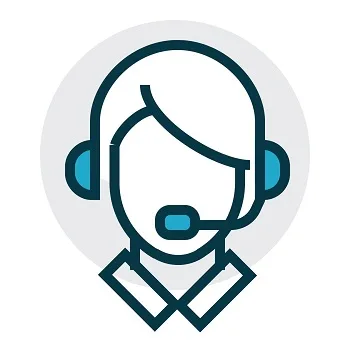We believe all Australians deserve to enjoy their best possible retirement
We help make this possible by providing financial guidance and support throughout your retirement journey.
Get advice and support for your big decisions
Our financial advisers provide affordable financial advice, one issue at a time.
Everyone has questions, issues and challenges when it comes to retirement. Which is why we’ve created our cost effective, and easy to try, advice services.
We will give you the knowledge and tools to take the right steps, and avoid common mistakes, so you can maximise your entitlements and manage your retirement finances with confidence.
Application support
Government entitlements are an important foundation for most Australian’s retirement.
So we have simplified the process to get, keep and maximise your Centrelink entitlements.
Our team has handled thousands of claims for the Age Pension and Commonwealth Seniors Health Card. Their knowledge and experience will ensure your claim is prepared on time, correctly and is approved as quickly as possible.
Our team can then guide you through your retirement journey step-by-step. We can help you get the Age Pension or Commonwealth Seniors Health Card. We can also provide assistance for life’s big financial questions to put your mind at ease and you in control.

Smart ways to manage super: 5 step-plan to boost your balance
Mark, 65, and Sophie, 63, are both looking forward to retiring in two years. Mark, a long-time chef, and Sophie, a retail assistant,...

How to confirm your retirement income
Even after retirement, it’s normal to feel uncertain about whether your money will last and whether you’re making the most of what you’ve...

Age Pension means tests: What counts, and why it pays to check again
Understanding your Age Pension eligibility and what you're entitled to can feel like a big puzzle, but it's a really important piece of...

Licensed, professional
service
Our team of Retirement Experts are ready to help.

Confidential &
Secure
Get personalised help in a safe online environment.

Australian
Owned
We’re 100% Australian owned & operated.
Retirement Essentials is the smart way to apply for your Age Pension
At Retirement Essentials we’ve simplified the process to make it easy for senior Australians to get and keep their Centrelink Entitlements.
|
If you apply for the Age Pension directly to Centrelink yourself, here’s what you can expect:
Retirement Essentials provides an easier Age Pension application service:
|
Why use Retirement Essentials?

Be confident that you’re getting all your Age Pension entitlements.

Feel supported and in control of your money, Age Pension Specialists are waiting to help you.

Saves you time – Apply from the comfort of your own home and at your pace.
Learn how our Age Pension Service works in 3 easy steps
As seen on












 Simple online process
Simple online process